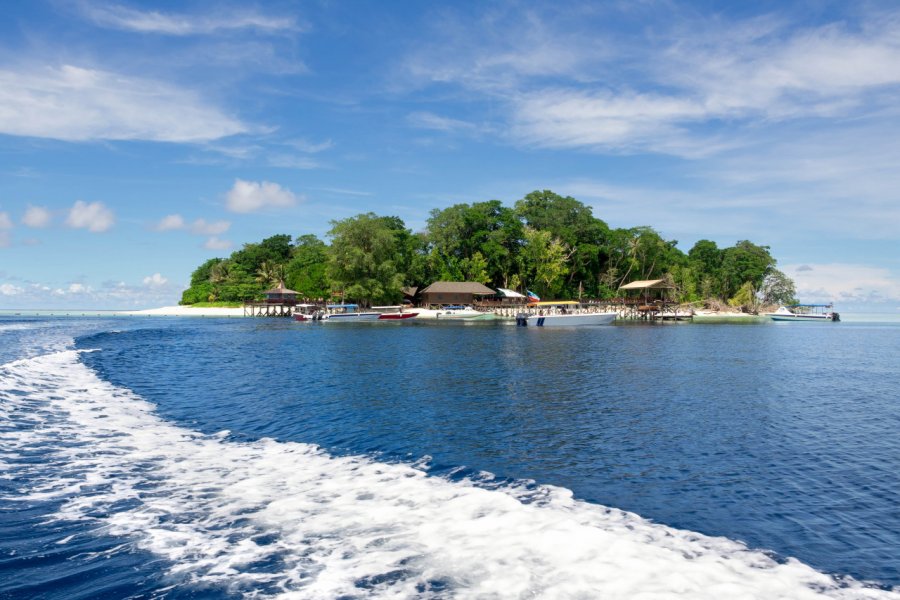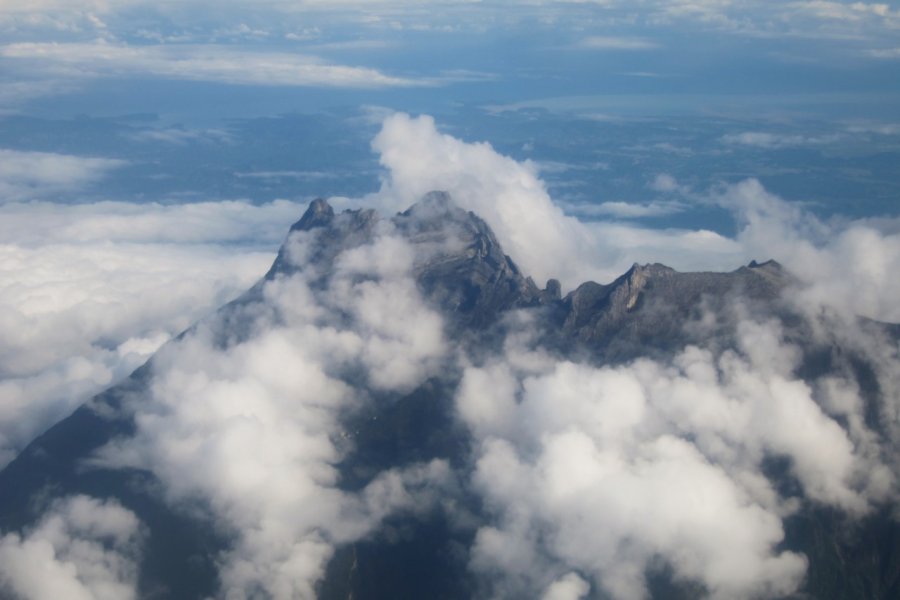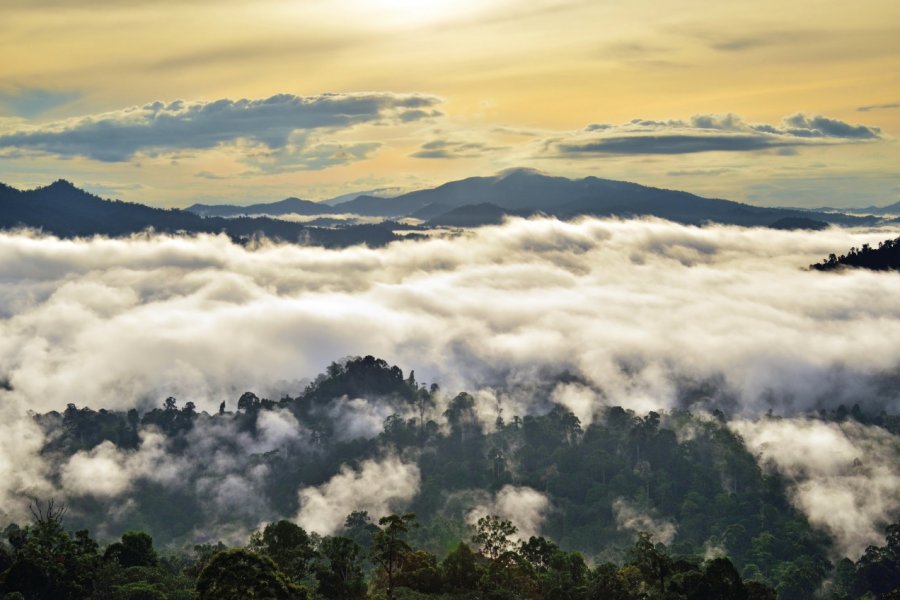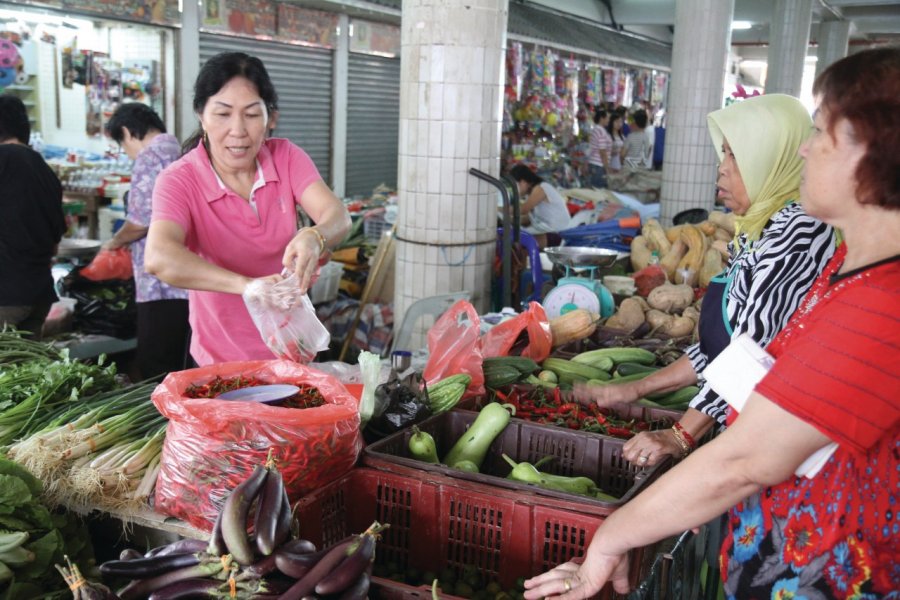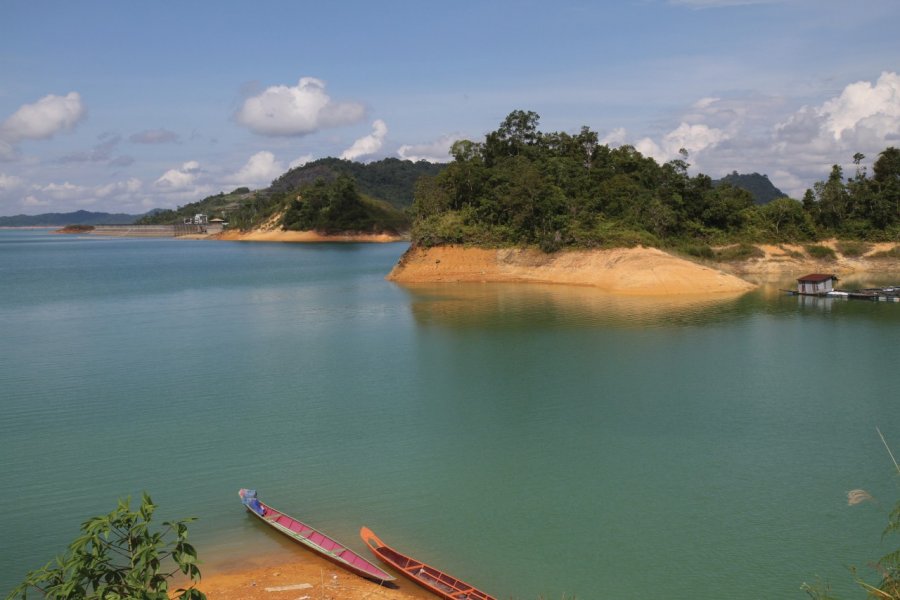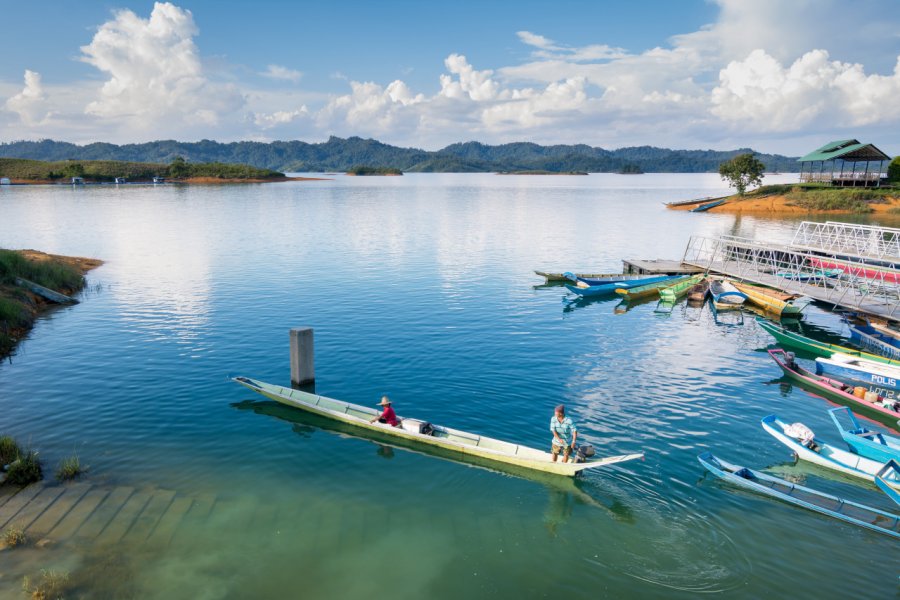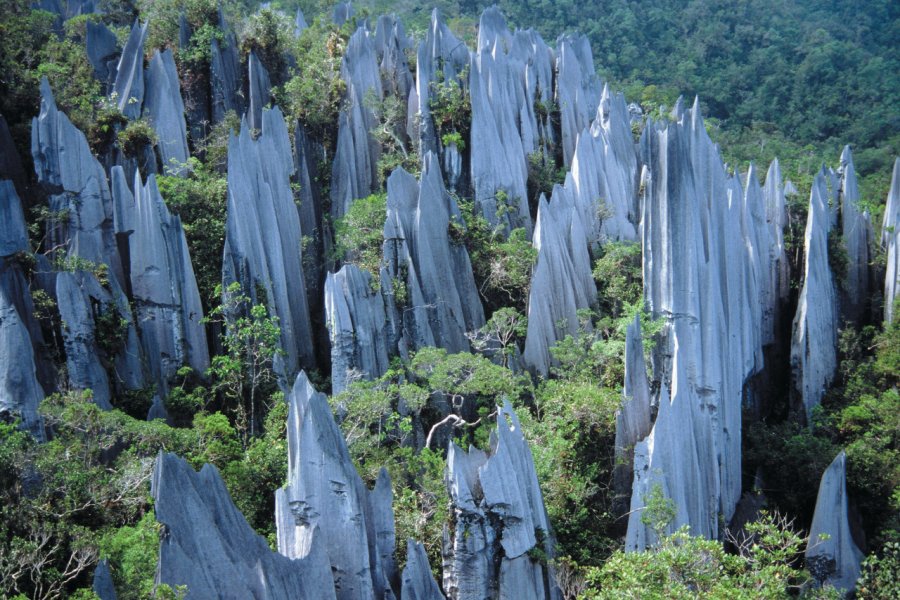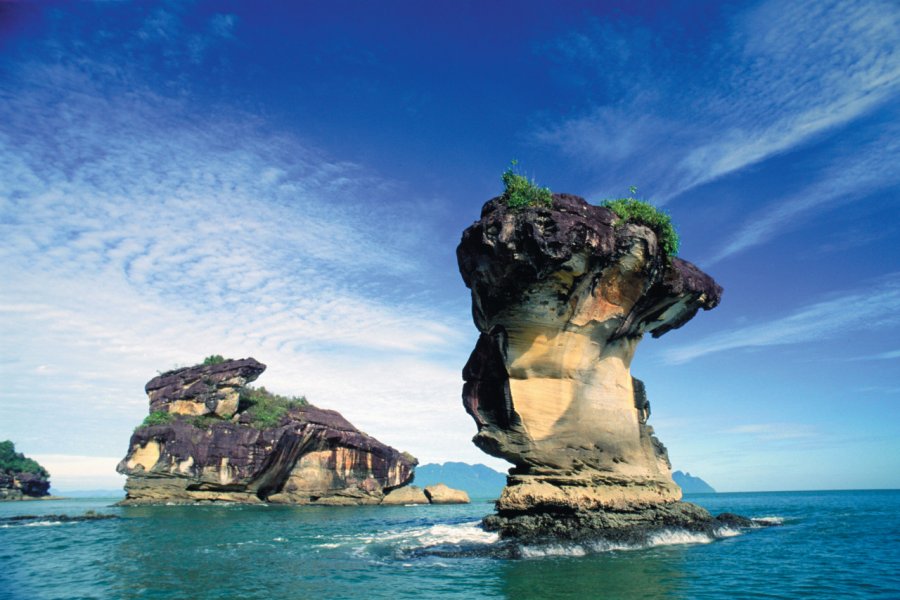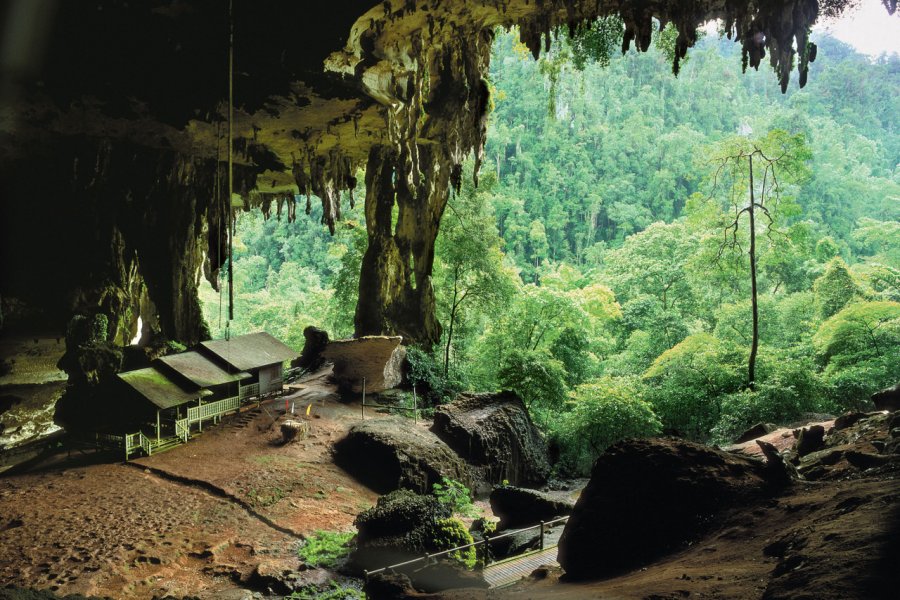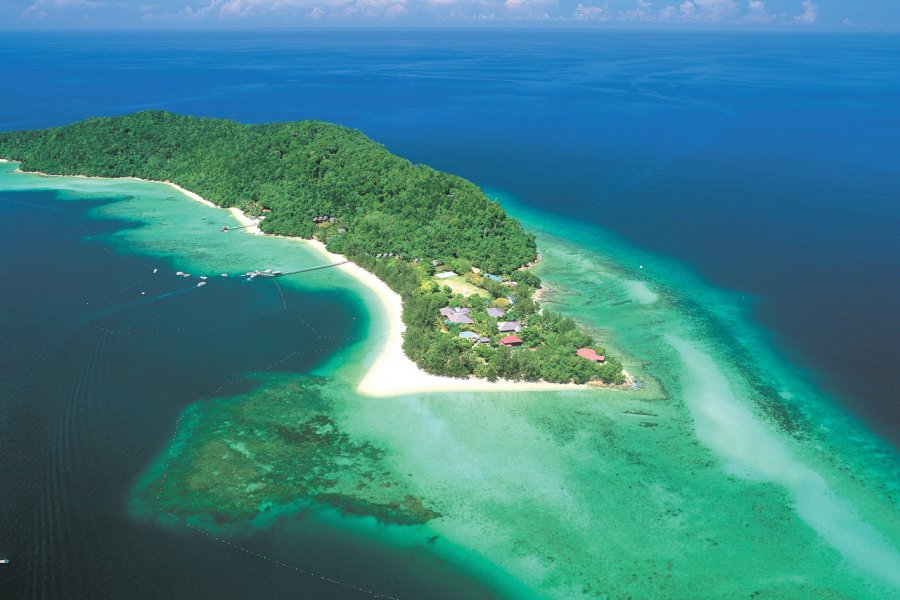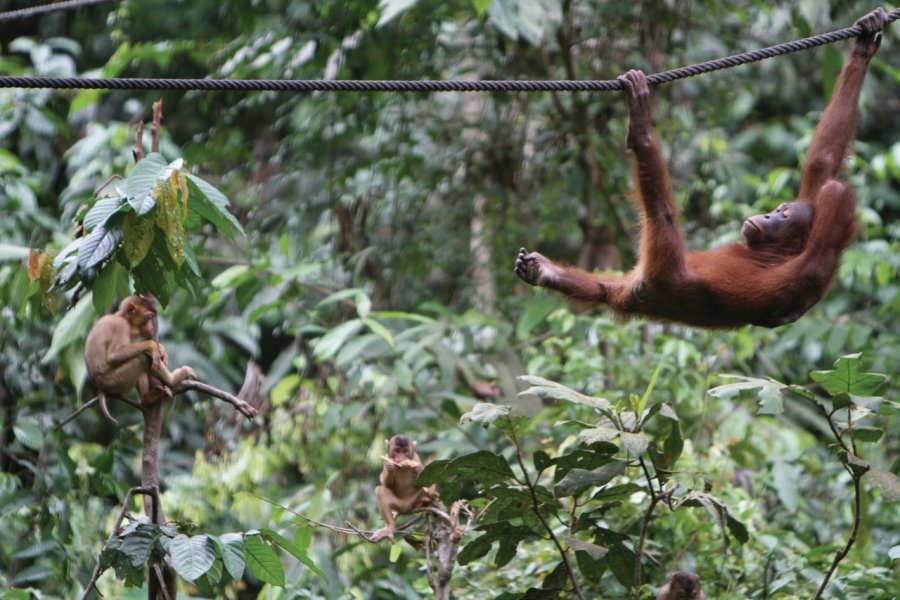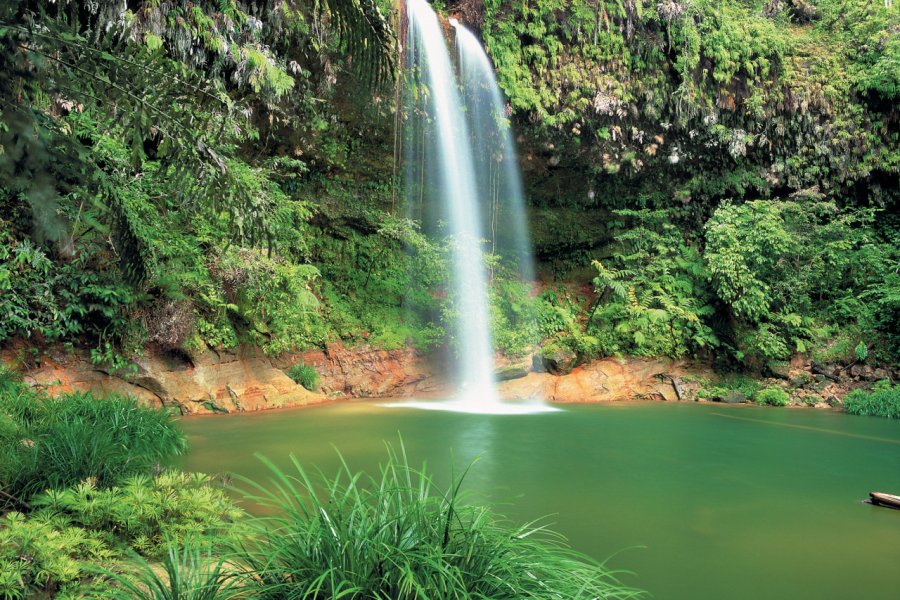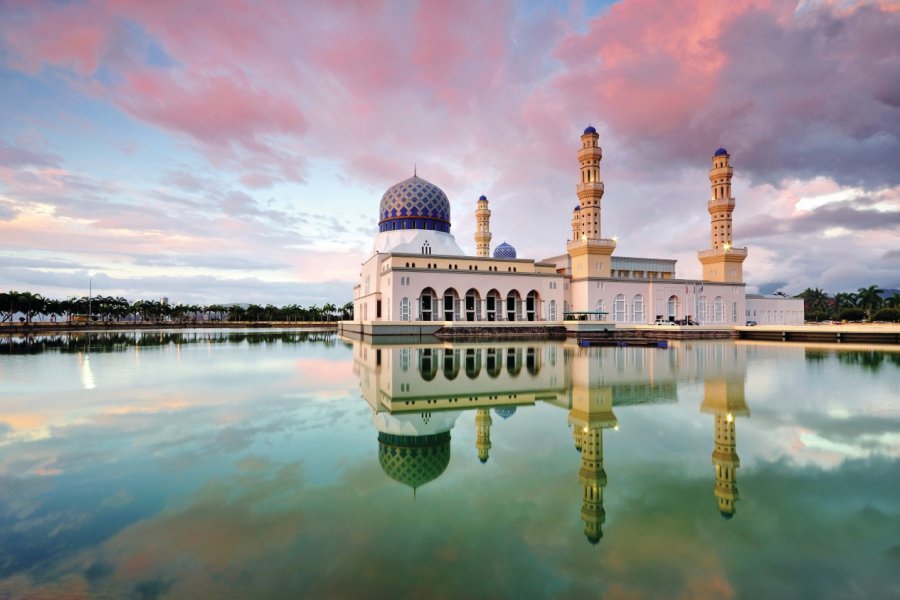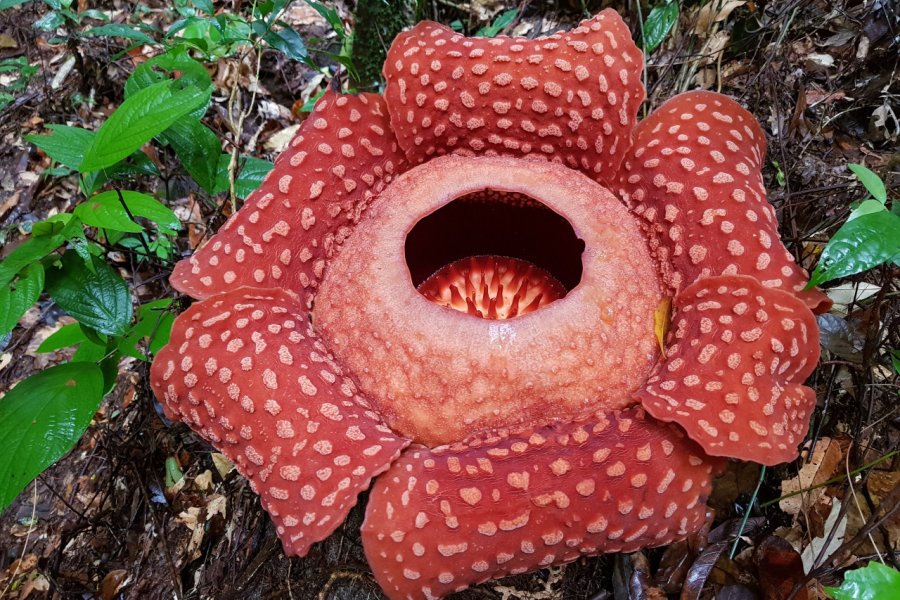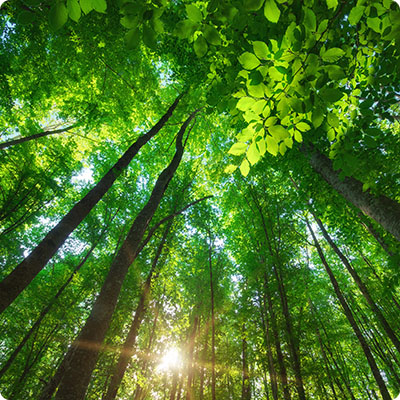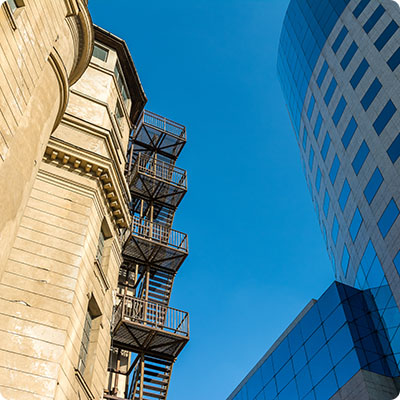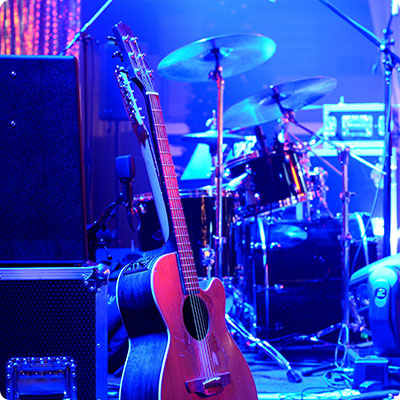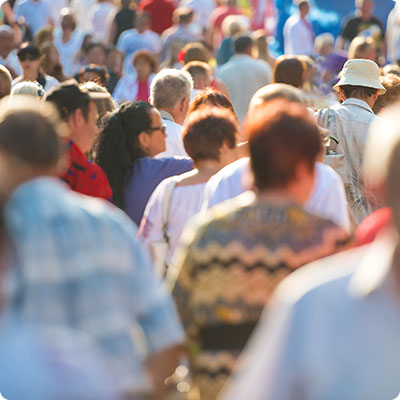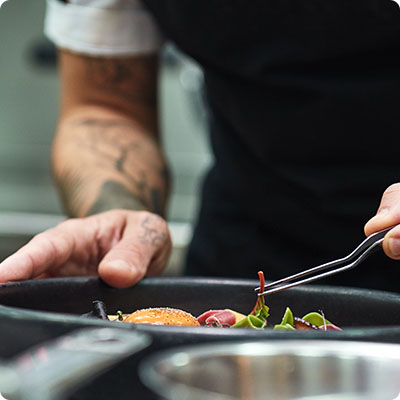What to see, what to do Borneo?
The 10 good reasons to go Borneo
Exploring Kalimantan
The Indonesian part of the island, wild and still undeveloped, will delight adventurers.
A diverse population
The island's inhabitants form a veritable mosaic of different origins.
A wide range of sporting activities
Hiking, trekking, cycling, caving, rafting, diving, snorkeling, golf...
A unique gastronomy
Borneo's cuisine represents the heritage of the different cultures that make up the island.
The tropical rainforest
The world's oldest rainforest , older than the Amazon or African rainforests.
The orang-utan
Seeing the majestic primate in its natural habitat is an unforgettable experience.
Exceptional wildlife
The Borneo jungle is the natural habitat of a wide variety of animal species.
Dazzling sites
Gunung Mulu and Kinabalu national parks are UNESCO World Heritage sites.
Exceptional seabed
The island of Sipadan is considered one of the most beautiful diving spots in the world.
Kuching
The capital of the state of Sarawak boasts a rich cultural and architectural heritage.
What to visit Borneo?
Good to know to visit Borneo
 Timetable
Timetable
Most museums are open between 9am and 5pm, with a weekly closing day. Regional museums are often closed on Fridays between 12.30pm and 2pm. Some museums have extended opening hours at weekends and during school vacations. Almost all are closed for Hari Raya (last day of Ramadan), Christmas and the first day of Chinese New Year. National parks, forest reserves and wildlife sanctuaries are open all year round, but we always inform you if this is not the case.
 To be booked
To be booked
Reservations are often essential for most jungle activities: national park visits, cave tours, reserve hikes, cruises on the Kinabatangan River, ascents of Mount Kinabalu, stays in rural areas... Visits to animal rehabilitation centers, such as Semenggoh or Sepilok, do not require prior booking.
 Budget & Tips
Budget & Tips
Entrance to a museum costs between RM5 and RM30. There are always discounts for children and sometimes senior citizens. Entrances to National Parks are also very inexpensive, from RM5 to RM100. Animal rehabilitation centers, on the other hand, can be quite expensive (between RM30 and RM200). Most destinations in Borneo are relatively inexpensive, but the overall cost of a holiday, including transport, accommodation, meals and guided excursions (cruises, jeep safaris, treks), can quickly add up.
 Main events
Main events
Public holidays
In most states, the main public holiday is not Sunday, but Friday. What's interesting is the graceful combination of Malay, Chinese, Indian, Indonesian and even Western holidays. What's more, when public holidays fall on a non-working day (Sunday or Friday, depending on the state), they are moved to the following day, so you can make the most of it!
Fixed-date holidays
- january1: New Year's Day.
february 23: Sultanate of Brunei national holiday
- May1: Labor Day.
august 17: Indonesian National Day
- August 31: Malaysian National Day
- December 25: Christmas.
Muslim holidays (public holidays with no fixed date)
Muslim holidays coincide with local observations of the various lunar phases, and the dates given above are approximate. During the lunar month of Ramadan, which precedes Hari Raya Puasa, Muslims fast during the day and feast at night, and normal work patterns may be disrupted.
Hari Raya Puasa: these two days mark the end of Ramadan;
Awal Muharram: the Muslim New Year;
Maulidur Rasul: the Prophet Mohammed's birthday
.
Chinese, Hindu and Buddhist holidays
Buddhist festivals also coincide with lunar phases, and variations may
occur: - Chinese New Year: late January and early February- Thaipusam: January and
February- Deepavali: Hindu Festival of Lights, October and November
. Guided tours
Guided tours
Some private museums require guided grouptours in English.
The company of a guide is often compulsory for excursions to National Parks. You should expect to pay at least RM60 per day for the guide. Many activities in Borneo require a guide: safari cruises such as along the Kinabatangan River, cave tours in Mulu, jeep safaris such as in the Deramakot Reserve, guided jungle treks, ascents of Mount Kinabulu and tours of tribal villages. The options are numerous, and you'll find all the information you need at tourist offices, hotels, local travel agents and, of course, in your Petit Futé guide.
 Smokers
Smokers
Smoking is prohibited in public buildings and in National Parks, except in designated areas.
 What's very local
What's very local
Always remove your shoes before entering a mosque or Hindu temple. Some Buddhist temples also require this. In mosques, women are required to wear a veil and a long tunic. Shorts and T-shirts are also required for men.
Covering shoulders and legs below the knee is also required for women and men in Hindu temples.
Avoid bathing in provocative clothing in the presence of Muslims. Monokinis are strongly discouraged. As for naturism, forget it!
In Brunei, it's best to cover your shoulders and legs in all circumstances.
